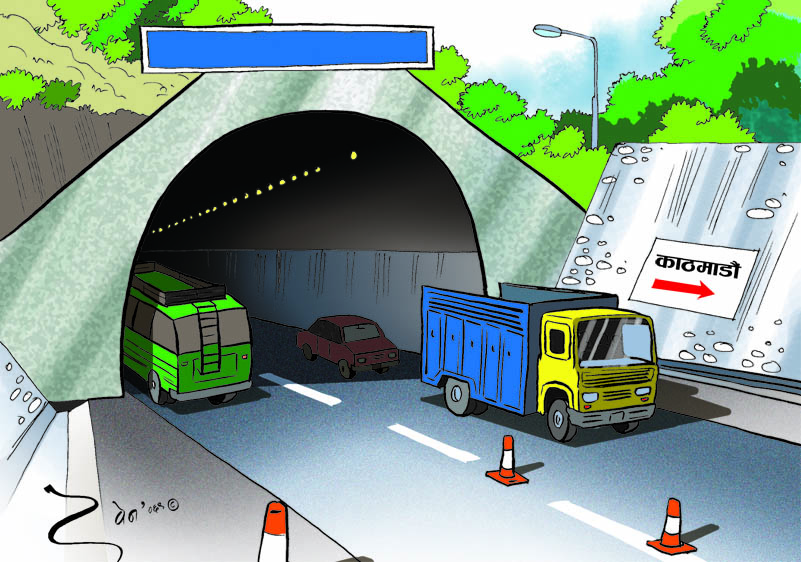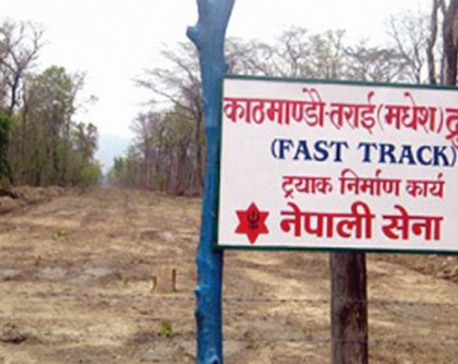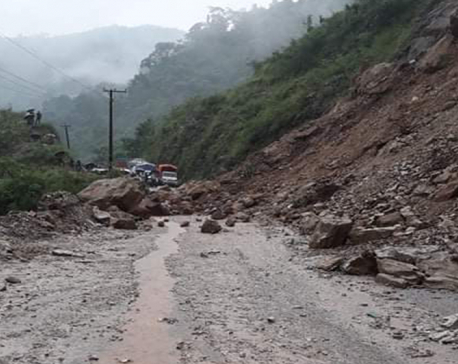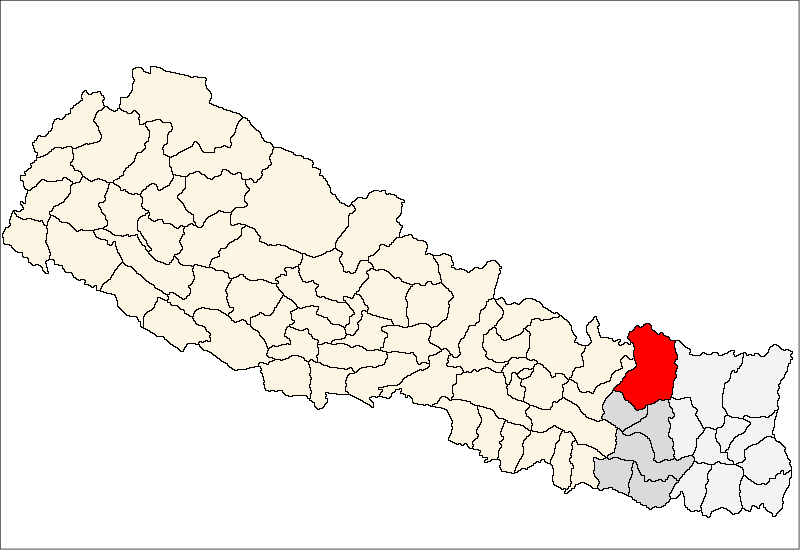
OR
Editorial
Ensure early completion of Kathmandu-Terai Fast Track Project
Published On: August 17, 2023 07:46 AM NPT By: Republica | @RepublicaNepal

The Kathmandu-Terai Fast Track project has long been hailed as a game-changer for Nepal's infrastructure development, promising to drastically reduce travel time between the capital city and the southern plains. The recent revision of the Detailed Project Report (DPR), resulting in a reduction of both cost and length of the road project, is undoubtedly a positive step forward. However, the government must exercise utmost vigilance to ensure that the fate of this eagerly anticipated venture does not mirror the infamous Melamchi Water Supply Project – a symbol of delay and mismanagement. The decision to revise the DPR for the Kathmandu-Terai Fast Track project signifies a clear commitment to fiscal responsibility. The reduction of the project's estimated cost by Rs 2 billion is an achievement that showcases the government's dedication to efficient resource allocation. By integrating a tunnel into the project's design, not only has the overall length of the road been shortened but the financial burden on the nation has also been lightened. This cost-saving measure demonstrates a prudent approach to public expenditure and demonstrates respect for taxpayers' hard-earned money.
The revised DPR offers a glimmer of hope for timely completion. The initial estimation of the project's total cost stood at Rs 213.09 billion. While a reduction of Rs 2 billion might not appear drastic, it serves as an indicator that careful planning and rigorous scrutiny can result in significant savings. However, it is essential to underscore that financial prudence alone is not sufficient to ensure the success of this vital project. The alarming comparison drawn between the Kathmandu-Terai Fast Track project and the prolonged Melamchi Water Supply Project serves as a stark reminder of the pitfalls of mismanagement and delays. The latter, originally envisioned to ease Kathmandu's water crisis, has become synonymous with inefficiency and setbacks, ultimately failing to meet its deadlines and objectives. It is crucial that the government avoids the traps that befell the Melamchi project and applies lessons learned to the ongoing fast track initiative.
While the revised DPR and the reduction in project length and cost are commendable milestones, the pressing concern lies in the project's timely completion. The Nepalese Army's involvement in the project supervision is a positive step that instills confidence in the endeavor's security and stability. However, it is imperative that the government ensures that the army's resources, expertise, and commitment are effectively harnessed to meet the ambitious deadline of mid-April 2027. To prevent the Kathmandu-Terai Fast Track from becoming another tale of delays, the government must take immediate action on several fronts. Firstly, streamlined bureaucratic processes must be put in place to facilitate swift decision-making and implementation. The project's importance warrants expedited approvals and minimal red tape to avoid unnecessary setbacks.
Secondly, effective project management practices should be rigorously employed. Regular monitoring, transparent reporting, and proactive issue resolution are key elements that can contribute to keeping the project on track. Timely identification and mitigation of challenges are vital to prevent minor hiccups from snowballing into major roadblocks. Thirdly, public accountability and transparency must be upheld throughout the project's execution. Regular updates on progress, challenges, and achievements should be communicated to the public, fostering a sense of collective ownership and responsibility. The engagement of civil society and experts can provide valuable insights, helping to ensure that the project remains aligned with its objectives. Undoubtedly, the revision of the Kathmandu-Terai Fast Track project's DPR is a commendable step towards responsible fiscal management. The reduction in both cost and length demonstrates the government's commitment to optimizing resources for the nation's benefit. However, the lessons of history compel us to remain cautious and proactive. It is now in the hands of the authorities to ensure that this much-anticipated expressway becomes a beacon of efficiency, connectivity, and pride for generations to come.
You May Like This

Parliamentary panel instructs OPMCM to punish those involved in illegal awarding of contract for Kathmandu-Terai Fast Track
KATHMANDU, Sept 12: The Development and Technology Committee under the House of Representatives (HoR) has instructed the government to take... Read More...

Mugling-Pokhara road expansion, up-gradation begins from western part
KASKI, Jan 17: The preliminary task of expansion and up-gradation of the Prithvi Highway that connects tourism city Pokhara with... Read More...

Failing to spend
When the government fails to speed up infrastructure development, it could mean three things. One, the government has not been... Read More...




Just In
- NEA Provincial Office initiates contract termination process with six companies
- Nepal's ready-made garment exports soar to over 9 billion rupees
- Vote count update: UML candidate continues to maintain lead in Bajhang
- Govt to provide up to Rs 500,000 for building houses affected by natural calamities
- China announces implementation of free visa for Nepali citizens
- NEPSE gains 14.33 points, while daily turnover inclines to Rs 2.68 billion
- Tourists suffer after flight disruption due to adverse weather in Solukhumbu district
- Vote count update: NC maintains lead in Ilam-2













Leave A Comment